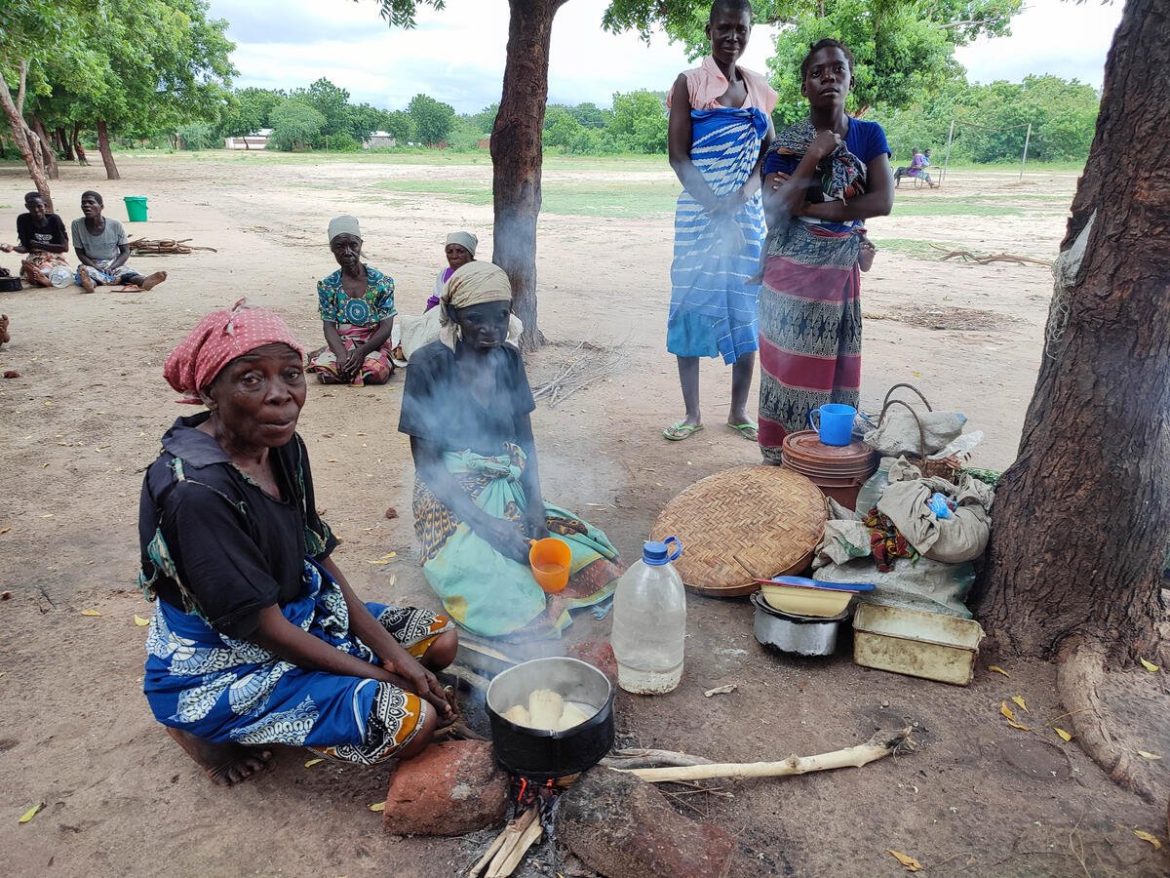In the heart of Malawi, one of the world’s poorest nations, the Dzaleka refugee camp has become a symbol of a deep humanitarian crisis. Overcrowding and desperation have turned women and girls into silent victims, forced into prostitution and systematic violence to survive.
Dzaleka camp, designed for 10,000 people, now hosts over 58,000 refugees. With the UNHCR receiving only 12% of its needed funding for the camp this year, essential services have collapsed. Malawian government policies confine refugees to the camp, cutting off legal work opportunities and making them uniquely vulnerable. This perfect storm of factors has led to a surge in sexual exploitation and domestic violence, with underfunded support systems struggling to cope.
The Perfect Storm: Overcrowding and Critical Funding Shortfalls
Dzaleka refugee camp exemplifies a catastrophic failure in international protection. The camp’s population is nearly six times its intended capacity . This extreme density creates unbearable living conditions and fuels competition for scarce resources.
The crisis is compounded by a dramatic shortage of funds. The UN High Commissioner for Refugees (UNHCR) has received a mere 12% of the $26 million required for the camp this year. This has led to a severe reduction in critical support services, including security personnel and educational programs. Furthermore, the World Food Programme has been forced to cut cash payments for food by half, down to approximately $8 per person per month .
Malawi’s encampment policy, which prohibits refugees from living or working legally outside Dzaleka, exacerbates the situation. This policy traps refugees in a cycle of aid dependency, making them exceptionally vulnerable when international support wanes. As a low-income country itself—ranked among the world’s poorest—Malawi lacks the resources to fill this gap .
The High Cost of Survival: Exploitation and Violence Against Women
In this context of extreme scarcity, women and girls bear the heaviest burden. With no legal avenues to earn a living, many are forced into survival sex.
- Judith’s Story: At 22, Judith is the sole caregiver for her younger siblings after her parents were killed in the Democratic Republic of Congo. She fled at 14, and now, with no other means to survive, she has been forced into prostitution.
- Françoise’s Story: A refugee from Burundi, Françoise shows a badly scarred right hand, a reminder of a brutal attack on Christmas night in 2022. A client assaulted her and poured a pot of scalding hot beans on her. She asks, “I sometimes wonder why I don’t get help like others? Is it because of my health condition?”
The crisis extends beyond sexual exploitation. Economic pressures directly fuel a rise in violence within the camp. Anne, a Rwandan refugee who lost her job handling domestic violence cases due to funding cuts, reports that she now sees 4 to 6 victims of domestic violence per week, a number that has doubled in the past two years.
Systemic Failures and Glimmers of Hope
The camp’s environment, often non-hygienic and prone to infectious diseases due to a lack of infrastructure, adds another layer of hardship for its residents . The underfunded humanitarian response is crippled, yet there are efforts to fight back.
In 2022, a joint operation between the UN Office on Drugs and Crime and Malawian police led to the rescue of 90 human trafficking victims from Dzaleka. One survivor, a 16-year-old Congolese girl who had been sexually exploited since the age of 10, shared her story: “That night I had been beaten by a client… but a police officer who seemed kind took me to a safe house.”
An Uncertain Future: Planned Closure and Calls for Sustainable Solutions
The Malawian government is planning to construct a new camp near the Tanzanian border and eventually close Dzaleka. However, experts warn that shutting down the camp without a sustainable alternative could lead to a larger disaster, exposing refugees to severe human rights abuses, including forced return to the dangerous conflicts they fled.
The real solution, according to advocates like Inesent Magambi, a former Dzaleka resident and refugee rights defender, lies in “planning for how to reduce refugees’ dependency on handouts.” Until then, the women of Dzaleka will continue their grim struggle for survival in the shadow of poverty and violence.
Gurdian


